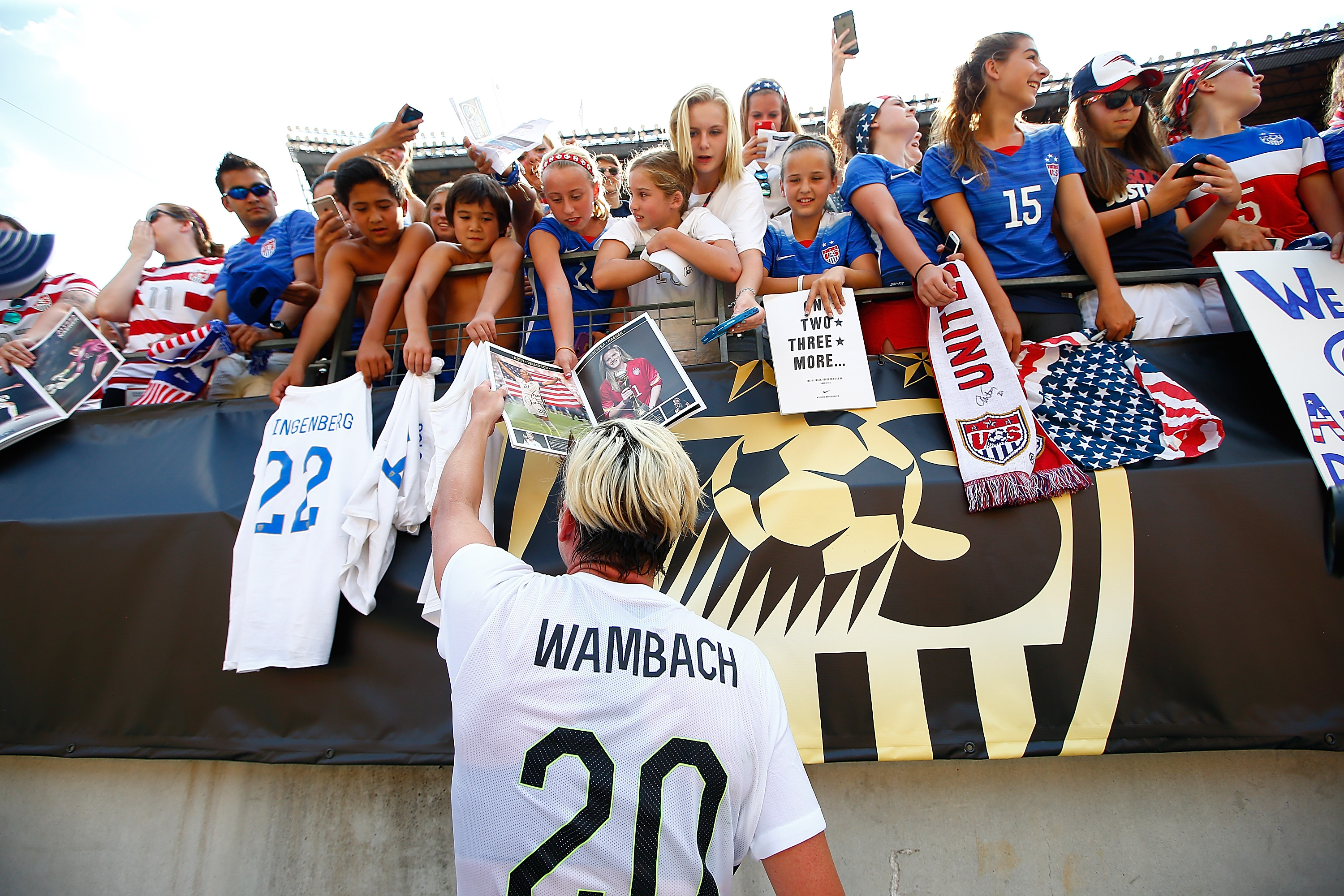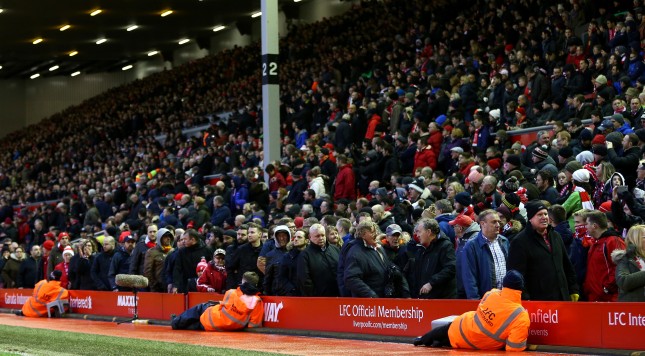The English Premier League is in the middle of a crisis.
Last weekend, upwards of 10,000 Liverpool fans walked out on their team in the 77th minute of their game against Sunderland, in protest of £77 ($111) tickets in the new stand as well as increasing ticket prices over the years. It’s not as if these fans don’t care about their team, they care greatly. Many of these fans have devoted the more time and money to their team than anyone, that’s why they feel they are being taken advantage of and feel they have no choice but to take a stand.
This isn’t just a Liverpool issue. Constantly rising ticket prices are all over the Premier League and other teams supporters groups are having these same discussions about walking out on their team like Liverpool did with theirs. They feel they are being priced out and are losing out on the team many have supported their entire lives.
This is a very complicated issue and therefore, does not have a simple solution. This isn’t about saying who’s right and who’s wrong. This is about understanding why the fans feel their team is price gouging them, why the team feels they need to keep raising ticket prices and whether there is a solution before we experience irreversible effects.
Why fans have reason to protest
Fans are constantly seeing rising ticket prices, and it’s getting to the point where many feel they are getting priced out. In Liverpool’s sense, the new stand on top of Anfield will be the only seats going for £77, but many fans are concerned at the growing trend of rising ticket prices, particularly when there is less of an importance of ticket revenue toward a Premier League team.
Let’s not kid ourselves, ticket revenue is a big component of revenue for any professional sports team. But in the Premier League, with TV revenue growing astronomically, teams are receiving more and more money through TV revenue than ticket revenue.
Going off of ticket data from last season, taking into consideration Liverpool’s cheapest single matchday ticket at £37 ($54) and averaging that with their most expensive matchday ticket at £59 ($85), multiplied by 45,000 seats, that equals £41 million ($59.4 million) over a 19 home game EPL season, not including home Cup games. If we raise the price of every seat by £5 means an additional £4.28 million ($6.18 million) in revenue over a season. Is that really worth the hate and PR backlash currently taking place?
Many fans are also concerned about the atmosphere and if people are getting priced out and can’t make every game, those who can afford it won’t be as vocal or as dedicated to the team. Granted, there are no standing room terraces anymore and Liverpool aren’t winning championships as much as they used to, but there aren’t crowds like this anymore.
Famous Liverpool fan John Green made a similar point on Twitter when talking about the protest.
What Liverpool (and other "big" premier clubs) don't get about ticket prices is that with more revenue coming from TV, atmosphere matters…
— John Green (@sportswithjohn) February 6, 2016
…and you have a shit atmosphere if the only people in the stadium are those who can afford 70 pounds per game. Make Anfield a cauldron…
— John Green (@sportswithjohn) February 6, 2016
…and you'll make more money in the end by converting more fans from the Americas and Asia who watch on TV and then buy shirts etc.
— John Green (@sportswithjohn) February 6, 2016
The Bundesliga is a prime example of having their teams maintain prices and that has resulted, among many things, incredible atmosphere with every Bundesliga team. As of this season, Bayern Munich, arguably the best team in the Bundesliga offers a season ticket as low as €140 ($158) for a 17 home game season. This team seems like they’re doing fine as one of the best club teams in the world.
Compare the Bundesliga to the EPL, Stoke offers the cheapest season ticket at £294 ($425). The most expensive Bundesliga season ticket is Darmstadt at €240 ($271), over $150 cheaper than the Premier League’s cheapest season ticket.
Supporters feel that the ones who are the most dedicated in terms of spending time and spending money as well as travel costs to go to away games should be given some sort of assurance that they aren’t going to be priced out of going to see their beloved local team play. If those fans don’t want to go to a game at Anfield, they want it to be on their own terms, not because they didn’t have a choice and didn’t have the disposable income to do that.






